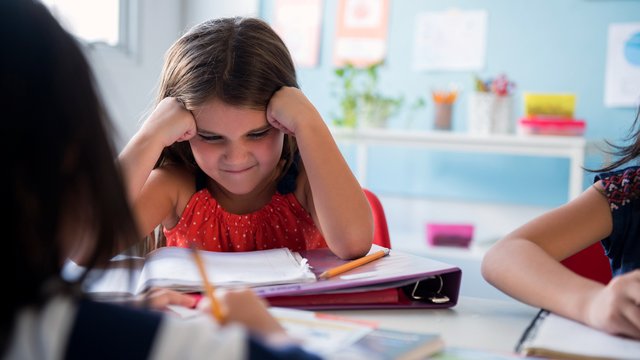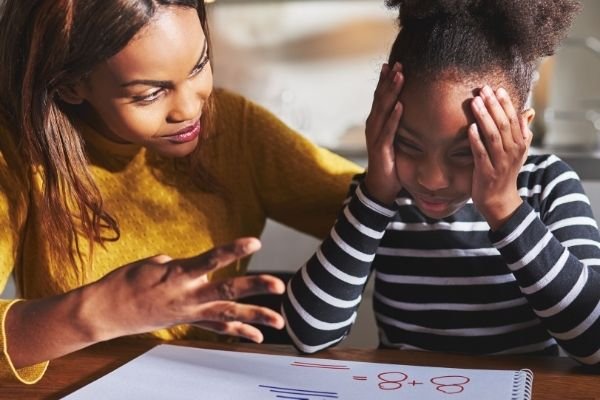Psychological flexibility in children [ENG-ESP] La flexibilidad psicológica en los niños

LINK
There is one of the many important skills for the best development of the human being, it is called psychological flexibility or flexibility of thought.
Developing this ability allows us to face changes and not feel uncomfortable with it, it allows us to make decisions in the face of uncertainty and not remain paralyzed in the face of a certain situation.
Flexible thinking consists of thinking in a new way or in a different way, through the work of self-regulation of emotions we can develop flexible thinking, thinking in a divergent way. This in turn allows that if you think in this way when faced with a problem, by not having the expected results, the person quickly finds other possible solutions and does not end up falling apart drastically.
A simple example in the case of a child and flexible thinking. Suppose a trip to the grandparents' house is suspended, a child with rigid thinking would simply get angry simply for not having achieved or reached his expectations and he does not directly see any solution to the problem, but in the case of a child with flexible thinking, who can also get angry or frustrated but tends to find alternative solutions, like for example, you could raise a video call.
Managing disappointment is not easy at all, whether it is a child or an adult, everything requires practice and developing the ability, let's not make the mistake of NOT validating the child's feelings, we need to talk to our children, validate their feelings, emotions and let's reflect together to find the alternative solution, that the search for solutions be as a team, this is undoubtedly an exercise to develop flexibility of thought not only in our children, but also in us as parents.
Thanks so much for visiting my blog!
ESPAÑOL

LINK
Existe una de las tantas habilidades importantes para el mejor desarrollo del ser humano, es la llamada flexibilidad psicológico o flexibilidad de pensamiento.
Desarrollar esta habilidad permite afrontar los cambios y no sentirse incómodo con ello, nos permite tomar decisiones ante la incertidumbre y no quedarnos paralizados ante una determinada situación.
El pensamiento flexible consiste en pensar de una manera nueva o de forma diferente, al trabajo de la autorregulación de la emociones podemos desarrollar el pensamiento flexible, pensando de manera divergente. Esto permite a su vez que si se piensa de esta manera ante un problema, al no tener los resultados esperados la persona rápidamente encuentra otras posibles soluciones y no termina desmoronándose drásticamente.
Un ejemplo sencillo en el caso de un niño y el pensamiento flexible. Supongamos que se suspende un viaje a la casa de los abuelos, un niño con pensamiento rígido simplemente se enojaría simplemente por no haber logrado o alcanzado sus expectativas y directamente no ve solución alguna al problema, pero en el caso de un niño con pensamiento flexible, que tambien puede enojarse o frustrarse pero tiende a encontrar soluciones alternativas, como por ejemplo, podría plantear una video llamada .
El manejo de la decepción no en nada fácil, ya sea niño o adulto, todo requiere de práctica y desarrollar la habilidad, no cometamos el error de NO validar los sentimientos del niño, es necesario que hablemos con nuestros hijos, validemos sus sentimientos, emociones y reflexionemos junto para encontrar la solución alternativa, que la búsqueda de soluciones sea en equipo, esto sin dudas es un ejercicio para que se desarrolle la flexibilidad de pensamientos no solo en nuestros hijos, también en nosotros como padres.